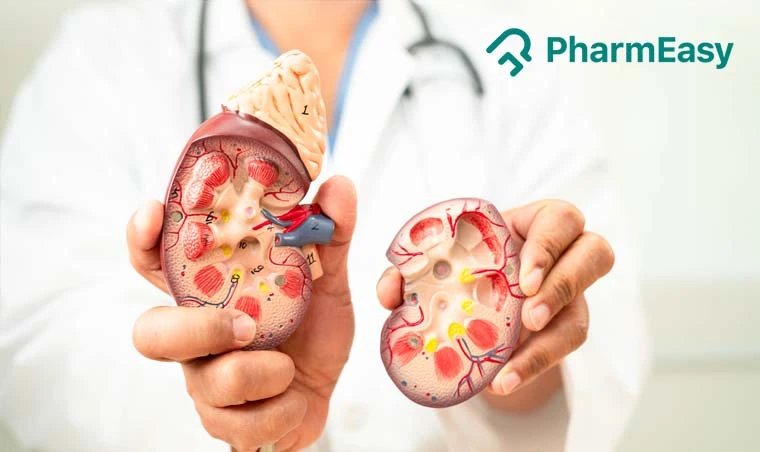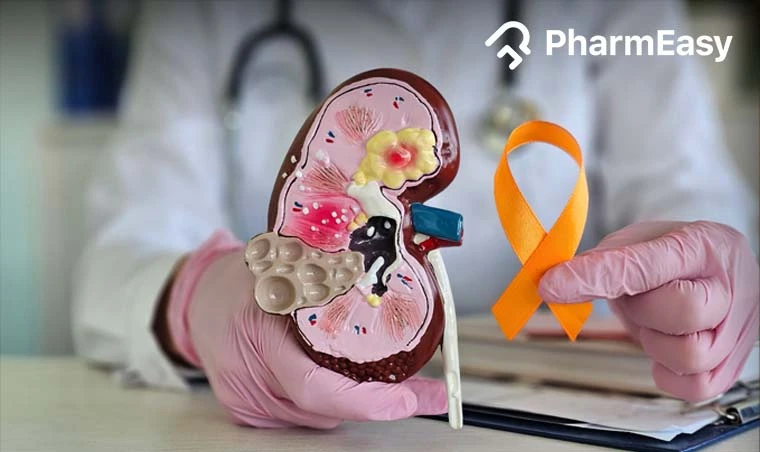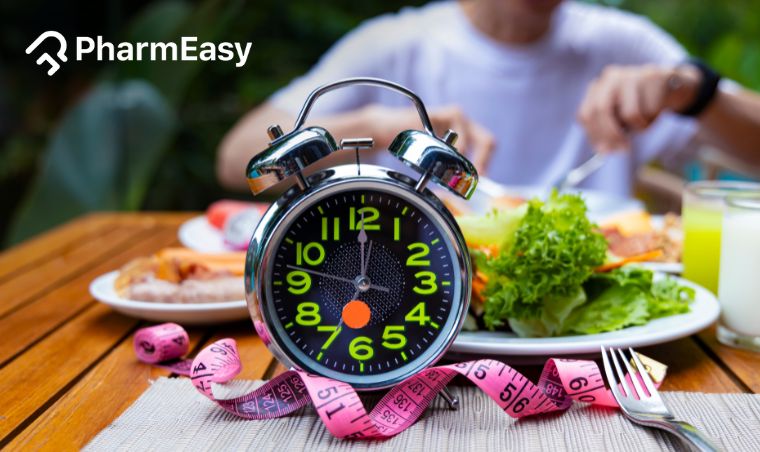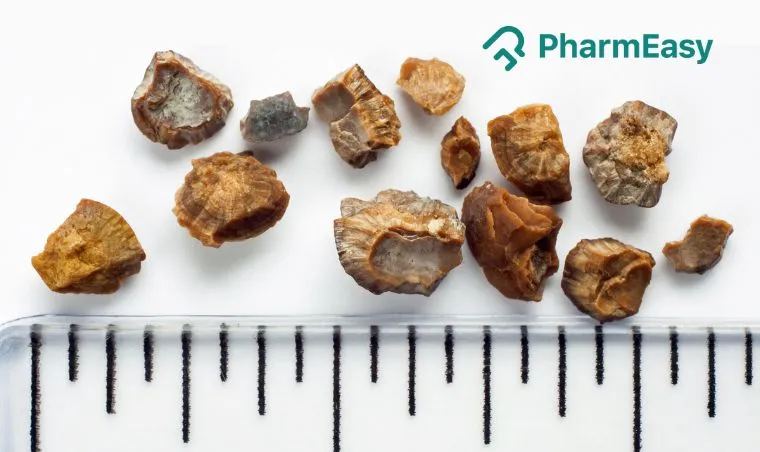Innograst 300mcg Injection
Description
Innograst Injection contains filgrastim as its active ingredient. It is used in patients who are undergoing treatment with chemotherapy to prevent infections. It will be given to you in a hospital or
clinic by a doctor or nurse as an Injection. You should avoid self-injecting. Before starting this medicine, inform your doctor if you are pregnant, planning a pregnancy or are breastfeeding and about all the medicines and supplements you take and all the conditions or diseases you suffer from.
Product Summary
| Offer Price | ₹945.00 |
| You Save | ₹315.00 (25% on MRP) |
| Contains | Filgrastim(300.0 Mcg) |
| Uses | Prevent infection after chemotherapy |
| Side effects | Headache, nausea, vomiting, diarrhoea, hair loss |
| Therapy | DRUGS FOR NEUTROPENIA |
Uses
Contraindications
Side effects
- Headache
- Nausea
- Vomiting
- Diarrhoea
- Muscle and joint ache
- Tiredness
- Hair loss
Precautions and Warnings
Pregnancy
Breast Feeding
Driving
Alcohol
Other General Warnings
- You are suffering from sickle cell anaemia.
- You are pregnant, think you may be pregnant or are planning a pregnancy.
- You have a bone disease called osteoporosis (bones become weak and brittle).
- You develop any skin allergy (rash, swelling, itching, redness) during treatment with the Innograst Injection.
- You notice blood in your urine, dark-coloured urine or urinate less frequently or your face and ankles are puffed up during treatment with this medicine.
- You experience any pain in the stomach, pain below the ribs on the left side, pain in your left shoulder while on treatment.
- You have a fever, stomach pain, feel unwell, back pain, difficulty in breathing after administering the Innograst Injection.
- You have a Myeloid tumour (cancer of the blood and bone marrow).
- You have a condition called leucocytosis (excess of white blood cells in your blood).
- You bleed or bruise unusually while on treatment with Innograst Injection.
- During the treatment, your doctor will regularly get your blood tests done and monitor your condition.
Mode of Action
How Does It Work?
Directions for Use
- Innograst Injection will be given to you in hospital by your doctor or nurse. Do not self-inject this medicine.
- Follow any instructions suggested by the doctor or nurse during the procedure or for aftercare.
Interactions
Interactions with other medicines
- Innograst Injection may interact with other medicines. Discuss with your doctor about all the medicines, supplements or herbal preparations you are taking. Also, inform your doctor if you have a planned surgery or vaccination scheduled....
- Concomitant use of this medicine is not recommended along with 5-Fluorouracil (used to treat cancer).
- Innograst Injection should neither be used a day before or a day after the chemotherapy treatment.
Storage and disposal
- Store the Innograst Injection under the conditions mentioned on the pack.
- Keep it out of the reach of children and pets.
Dosage
Overdose
Missed a Dose
Content Details
Dr. Mansi Savla
B. Pharm, PharmD
Dr. Ritu Budania
MBBS, MD (Pharmacology)
Frequently Asked Questions (FAQs)
Q: Why can't I take the Innograst Injection by myself?
Q: For how long will I have to be on treatment with the Innograst Injection?
Q: What is the use of the Innograst Injection?
References
- CDSCO [Internet]. Cdscoonline.gov.in. 2022 [cited 25 May 2022]
- Neupogen 30 MU (0.3 mg/ml) solution for injection - Summary of Product Characteristics (SmPC) - (emc) [Internet]. Medicines.org.uk. 2022 [cited 25 May 2022]
- Neupogen 30 MU (0.3 mg/ml) solution for injection - Patient Information Leaflet (PIL) - (emc) [Internet]. Medicines.org.uk. 2022 [cited 25 May 2022]
Did you find this medicine information helpful?
Please rate your experience
Chronic Condition Articles
Top-Tests we cover:
Top-Selling Healthcare Products:
Top-Selling Medicines:
Top-Searched Medicines:
Top Searched Vaccines:









